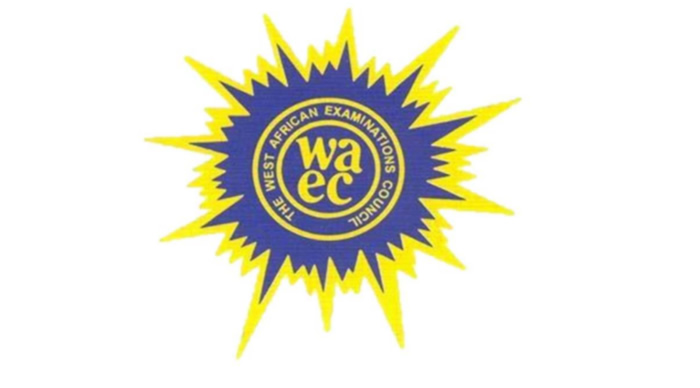The President of the National Association of Proprietors of Private Schools (NAPPS), Yomi Otubela, has raised an alarm over the recent conduct of the West African Examinations Council (WAEC), calling the scheduling of exams at night deeply troubling and counterproductive to students’ success.
Speaking on Sunrise Daily on Channels Television, Otubela described reports of students writing examinations in the dark, using candles and torchlights, as unacceptable. He said such conditions were detrimental to the integrity of the exams and likely contributed to the disappointing performance recorded this year.
“We cannot overrule the fact that the condition in which the examination was written in some states is not acceptable to us,” he stated. “The fact that children were writing exams late into the night with candles and torchlights cannot be a standard that will allow us to have commendable results.”
His remarks follow backlash over WASSCE papers conducted late at night in May 2025, particularly in Taraba and Ogun states. Images and videos of students writing papers in poorly lit environments sparked public outrage and renewed calls for reform in the country’s examination processes.
On May 29, Amos Dangut, Head of the Nigeria National Office of WAEC, addressed the issue, stating on The Morning Brief that the council had received intelligence about a compromised paper, which prompted last-minute rescheduling. He expressed regret over the situation and assured the public of preventive measures going forward.
Otubela acknowledged the efforts of students who performed well despite the difficult circumstances. “I must commend children who, despite all the economic hardship and other challenges in preparing for the exam, came out with commendable results,” he said.
However, he expressed concern over the systemic failures in Nigeria’s education sector that go beyond exam logistics. He cited underfunding, lack of teacher development, and infrastructural decay as major obstacles to quality learning.
2025 WAEC result released
Referring to the 2025 WASSCE results released by WAEC earlier in the week, Otubela noted that only 38.32% of candidates obtained credit and above in at least five subjects, including English and Mathematics — a dramatic drop from the 72.12% pass rate in 2024.
“The Head of National Office reported that the pass rate stood at about 38 per cent, the worst in about 15 years, from 2015 to date. The reason for this cannot be far-fetched from the many challenges facing education in our country,” he said.
He emphasised the lack of proper investment in teacher capacity building, especially with World Teachers’ Day approaching. “We have not paid sufficient attention to the capacity building of our teachers,” he said. “There is little evidence of investment in teacher training to enhance mentoring of students.”
Otubela highlights more lapses
In addition, Otubela highlighted infrastructural deficits and limited digital access in rural areas as part of the reasons students struggle. He called attention to the continued failure to meet UNESCO’s benchmark for education funding.
“The budgetary allocation to education falls short of the recommended UNESCO benchmark. Many children in rural areas have little or no access to computers, and they study in non-conducive environments. This points to a wide gap between classroom experience and actual learning outcomes,” he concluded.
Otubela’s call adds to the growing push for urgent reforms in Nigeria’s education system to ensure students are provided with fair, safe, and conducive conditions to learn and succeed.



